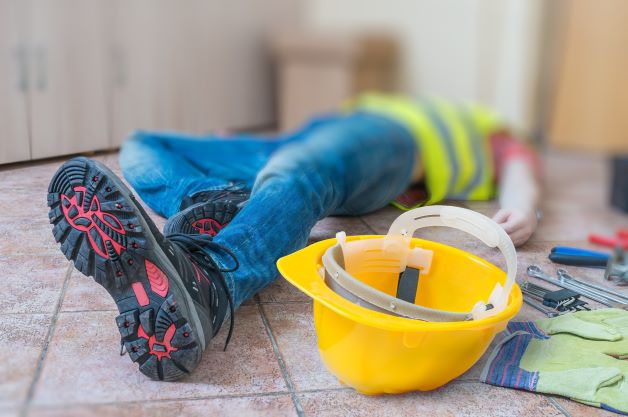Who Is Liable for Your Work Accident?
In some cases, a third party might be liable for your work accident, and you can file a work-related injury lawsuit to seek compensation.
For example, you might be injured at work while using a defective tool. Your employer has workers’ compensation, so you file a workers’ comp claim to receive the wages you lost due to being unable to work and to recover the cost of your medical bills. However, you can still hold the manufacturer of the defective tool accountable for your injury, as your work accident wouldn’t have happened if the tool had functioned correctly.
In this case, you can claim because the third party meets the three criteria stated previously:
- The tool manufacturer owed you a duty of care — to provide you with tools that worked safely.
- The tool was defective, which constitutes a breach.
- That breach caused your injury.
In proving the above elements, you can file for compensation and receive non-economic damages for pain and suffering in addition to any long-term financial losses. For example, if your injury has left you with chronic pain that requires medication or even surgery, or if you’re unable to work ever again because your work accident has left you disabled, you are entitled to have the costs of your long-term treatment and inability to work covered by the liable third party.
But a tool manufacturer isn’t the only third party that might be responsible for your work injury. Other potentially liable third parties include:
Construction Site Owners
If a construction site owner fails to adequately monitor the work environment, you may be able to hold them responsible for on-site accidents.
Contractors and Subcontractors
You may work with contractors, subcontractors, or other temporary workers who have been brought to your place of work. If they are responsible for warning you of potential hazards and fail to do so — or they are unqualified or incompetent — they may be liable. For example, if a contractor is brought in to complete work in your office block and they fail to place wet floor signs, leading to you slipping and sustaining a spinal injury, you may be able to seek compensation.
Other Equipment Manufacturers
When a manufacturer provides defective equipment, equipment that is dangerously designed, or that doesn’t come with appropriate warnings or instructions, you can hold them responsible for work accidents that happen as a result.
The injuries you sustain from using faulty equipment don’t have to be immediate injuries, such as a broken bone or head injury. You may be provided with defective personal protective equipment that fails to effectively safeguard you from inhaling toxic chemicals, which causes you to develop chronic obstructive pulmonary disease. Defective equipment could also lead to you developing a repetitive strain injury.




